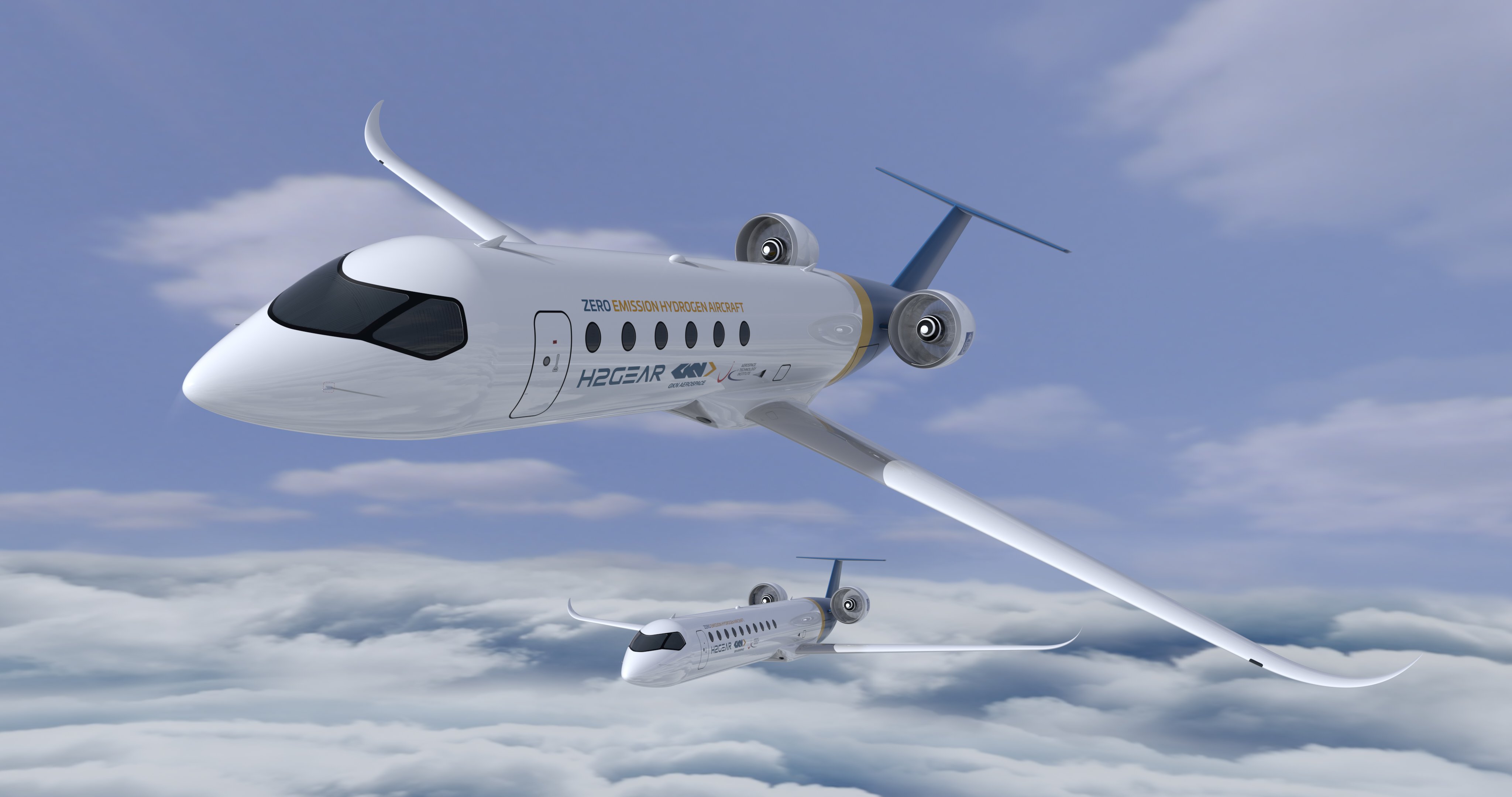Click Here to View This Page on Production Frontend
Click Here to Export Node Content
Click Here to View Printer-Friendly Version (Raw Backend)
Note: front-end display has links to styled print versions.
Content Node ID: 419531
European low-fare airline EasyJet has begun working with GKN Aerospace to support the adoption of the manufacturer’s hydrogen combustion (H2JET) and hydrogen fuel cell (H2GEAR) programs and explore options for flight demonstrations. In a joint announcement on April 28, EasyJet added that it will provide insights into operational requirements and economics among other considerations.
Under a GKN Aerospace-led UK collaboration program aiming to develop a liquid hydrogen propulsion system for sub-regional aircraft, H2GEAR involves studies on converting liquid hydrogen to electricity within a fuel cell system. Initially, the H2GEAR system will power new and existing aircraft seating up to 19 passengers, but the aerospace group says it could subsequently upscale it for use on larger airliners. According to GKN, the first hydrogen-powered aircraft could enter service in 2026. Along with EasyJet and other airlines, the says it has engaged in talks with several unnamed existing aircraft manufacturers.
The H2GEAR program has drawn £27 million ($34 million) of funding from the UK’s Aerospace Technology Institute program. This amount has been matched by GKN Aerospace and its industrial partners.
H2JET is a related Swedish collaborative two-year program led by GKN Aerospace to develop key subsystems for gas turbine-based hydrogen propulsion of medium-range civil aircraft.
“Hydrogen-powered aircraft offer a clear route to keep the world connected, with dramatically cleaner skies,” said GKN Aerospace vice president of technology Max Brown. “The UK is at the forefront of this technology. We look forward to working with easyJet and our partners, to develop and industrialize the breakthrough technology to fly aircraft with zero CO2 emissions.”
Along with GKN Aerospace, EasyJet continues to work with partners across the industry such as Airbus, Rolls-Royce, Cranfield Aerospace Solutions, and Wright Electric to accelerate the development of zero-carbon emission technologies and supporting infrastructure. The airline said it believes it could begin flying customers on airplanes powered by hydrogen combustion, hydrogen-electric, or a hybrid of both by the mid- to late-2030s.
In November last year, EasyJet joined Race to Zero, a global UN-backed campaign to achieve net-zero carbon emissions by 2050 at the latest. In joining the program, the airline committed to setting an interim science-based target for 2035 and to reach net-zero carbon emissions by 2050.
In 2019, EasyJet laid claim to becoming the first major airline in the world to offset the carbon emissions from the fuel used for all its flights and said it remains the only major airline in Europe to do so.
